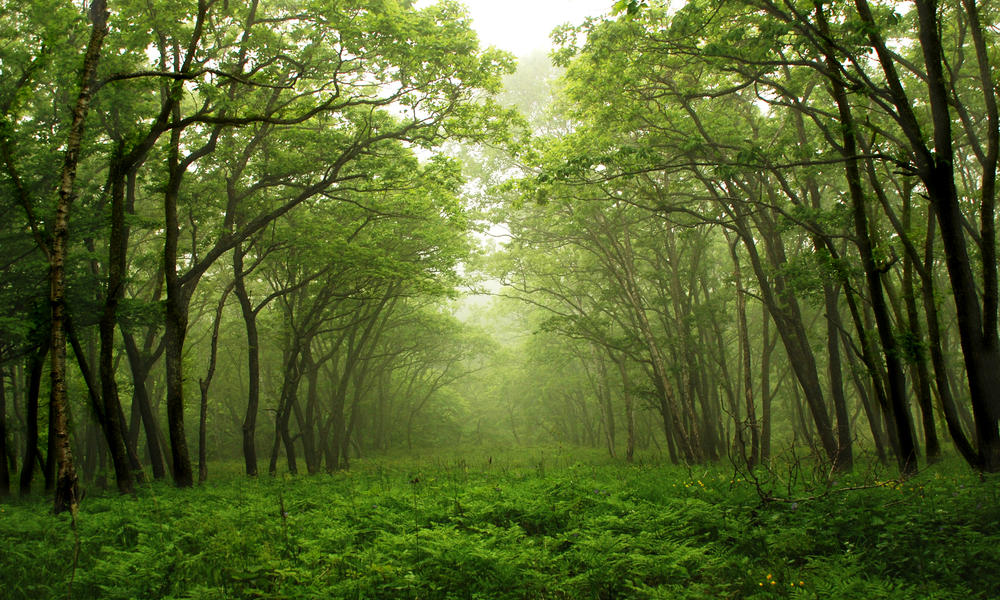mercoledì 16 gennaio 2013
Ecodesign
All products have an impact on the environment
during their life-cycle spanning all phases from
cradle to grave, including the use of raw
materials and natural resources, manufacturing,
packaging, transport, disposal and recycling.
More than 80% of the environmental impact of a
product is determined at the design stage.
Ecodesign implies taking into account all the environmental
impacts of a product right from the earliest
stage of design. In particular, this avoids uncoordinated
product planning (for example, eliminating a toxic
substance should not lead to higher energy consumption,
which on balance could have a negative impact on
the environment).
The Ecodesign Directive provides a coherent and
integrated framework which allows setting mandatory
ecodesign requirements for some products. For instance,
the Ecodesign Regulation on standby requires that many
domestic electrical and electronic products such as
washing machines, TV or personal computers do not
consume more than 0.5W in off mode as of 2013.
However, ecodesign requirements must not lower the
functionality of a product, its safety, or have a negative
impact on its affordability or consumers’ health.
A methodology has been developed to provide
operational guidance to the Commission on how
to assess whether and which ecodesign requirements
are appropriate for a given product.
Woodly Eco Friendly Furniture company
Woodly Eco Friendly Furniture company
I really like eco design, are intelligent, are cute, are the future! I hope that ecological furniture field, continues in the future to grow and develop.
I have been researching on the web, and I found two fantastic furniture factory: Brikolor that offering furniture made to last 300 years,
http://www.brikolor.com/
And a small Italian furniture factory with a very interesting ecological concept:
Woodly, http://www.woodly.it/
I really like eco design, are intelligent, are cute, are the future! I hope that ecological furniture field, continues in the future to grow and develop.
I have been researching on the web, and I found two fantastic furniture factory: Brikolor that offering furniture made to last 300 years,
http://www.brikolor.com/
And a small Italian furniture factory with a very interesting ecological concept:
Woodly, http://www.woodly.it/
Eco-friendly Furniture
Sustainable, Eco-friendly Furniture - What Is
FSC CoC Certification?
FSC certification for furniture is a good indication that the furniture has been
independently evaluated and determined sustainable or eco-friendly, but what exactly
does that mean?
What is FSC? The Forest Stewardship Council (FSC) is an independent, nongovernmental,
not-for-profit organization that promotes responsible management of the
world's forests. It is widely regarded as one of the most important initiatives to promote
responsible forest management worldwide. It places a special emphasis on rainforest
conservation.
Launched by environmental groups in 1993 FSC manages an international standard for
well-managed forests and a process for tracking and certifying wood furniture, flooring
and other products derived from those forests. FSC addresses numerous aspects of
sustainable forestry, including ecological issues, old-growth forests, plantations,
restoration, biodiversity, native habitat, indigenous people's rights, and sound
management for timber production.
The FSC label provides certification of the chain of links between the forest where a
product originates and the consumer. For example with wood furniture, each of the
following businesses involved in transforming a tree into a piece of furniture would have
to be FSC certified in order for that furniture piece to be FSC certified:
· Certified forest owner- Must employ a professional forester and develop a forest
management plan which meets stringent ecological and social criteria
· Certified logger and sawyer
· Certified lumber wholesaler
· Certified lumber retailer
· Certified furniture maker
· Certified furniture retailer
Benefits of FSC Certification In my opinion, FSC provides the most rigorous certification
process available. It's widely considered the gold standard in sustainable forestry and has
moved the world forward in many areas of rainforest conservation.
Challenges for FSC As you might expect FSC certification involves extensive rulemaking
and auditing that can be quite expensive to implement. It can add up to 35% to
the price of the end product although the hope is that this cost will decrease as FSC
certification becomes more mainstream. Still many small manufacturers are unable to
assume this cost and are thus not FSC certified.
Another challenge for FSC is the rampant counterfeiting of FSC documentation
accompanying raw lumber that is being illegally clear cut from the Amazon and other
endangered areas of rainforest.
Iscriviti a:
Post (Atom)


